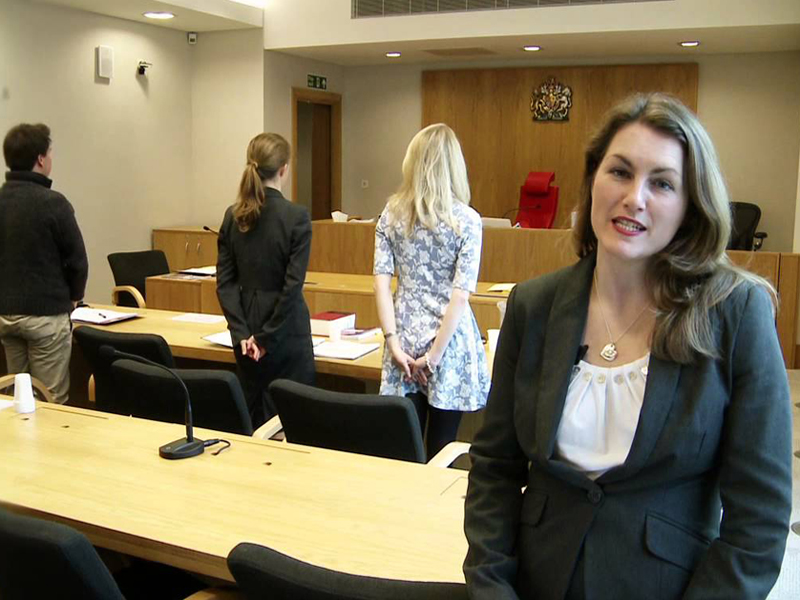What is a fact-finding hearing?
A fact-finding hearing is a hearing ordered by the courts in children proceedings. They can occur in financial proceedings or domestic violence injunctions but this rarely happens.
The court will order this hearing where one or both of the parties to the proceedings have accused the other of domestic abuse, each accusation is known as an allegation. If a party is making one or more allegations they will be asking the Court to make a ruling, known as a finding as to whether this allegation has been proven or whether it has now. Ahead of the hearing the parties will set out their allegations and accept or deny each allegation made against them in turn. Sometimes the Court will limit the time period for allegations or the physical number of allegations that can be made by each parties.
This list is not exhaustive however the common reasons for a fact-finding to be necessary are in the cases of alcohol abuse, drug abuse, emotional abuse, non-compliance with previous court directions and orders, physical abuse, sexual abuse, controlling and coercive behaviour. The parties will be asked to particularise their allegations in documents filed with the Court before the fact-finding hearing what happened, when did it happen, where did it happen, the effect on the child or children, if any witnesses were present and what evidence may be available. Evidence can be provided by way of medical records, police records, school records etc.
Within the hearing, the party asking the Court to find their allegations proven will go first will to present their allegations against the other. They will be asked to give evidence in the courtroom. If they are represented then their lawyer will ask them a few opening questions. Thereafter, the other parties lawyer would also question them. Expert witness reports and the expert witnesses themselves may be required to attend the hearing. If this is required, then permission must be sought from the Judge ahead of the hearing. Judges themselves may also question the parties within the cross-examination. It is up to the person making the allegation to prove it.
Following a fact-finding hearing, the judge will make the findings. These hearings are important to determine if an allegation made is found proven or if the Judge is of the view that the person making the allegation does not have enough information or that their allegation did not happen. These findings will impact the Judge's decision making within the case and can be relied on as facts in ongoing hearings.
Fact-finding hearings are stressful and if findings are made it can alter the course of your proceedings and the arrangements for your children. To have the best chance possible at having your allegations proven, or defending against allegations made against you expert legal representation can be key.
Watson Thomas Solicitors have offices in Fleet, Guildford, London, Winchester, Bracknell, Camberley, Farnborough and Woking.
Here at Watson Thomas our experienced lawyers can help advice and assist you to ensure you have the best chance of a successful outcome at a fact-finding hearing.







